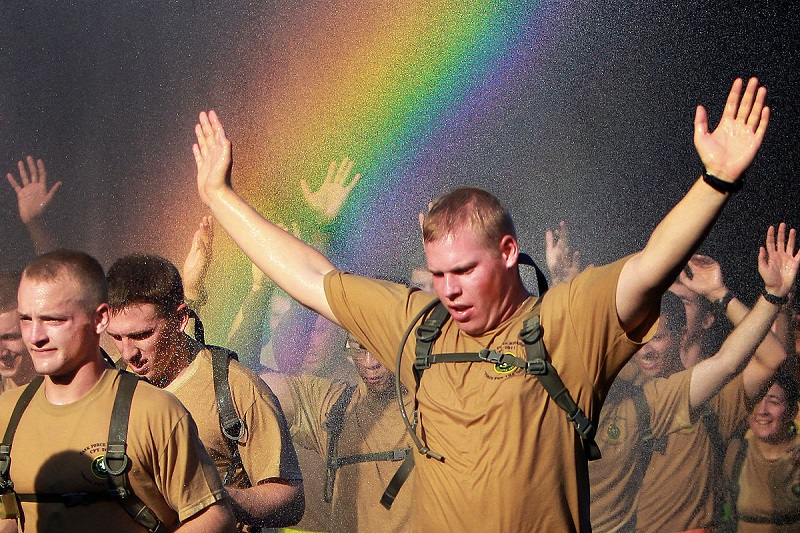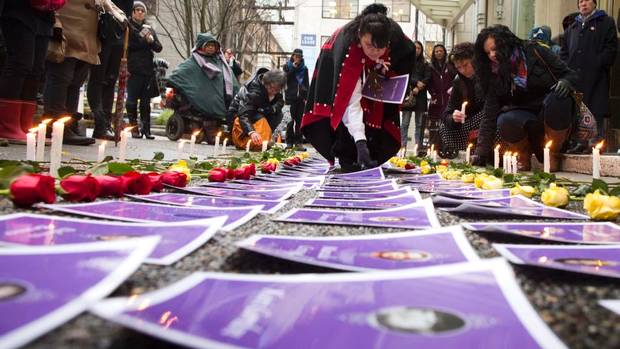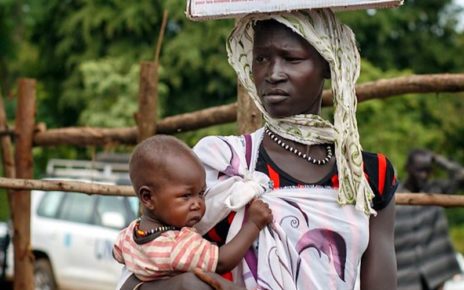This article is part I of a two part series article.
Canada has had a progressive reputation when it comes to LGBTQ rights and gender equality. As fourth country to legalize same-sex marriage in 2005, Canada has witnessed strong efforts from individuals, civil society and government officials to change mainstream perceptions about LGBTQ rights and inclusion.
Recently, it was the first time the country saw a Prime minister parade in both Toronto and Montreal Pride Parades. Even the Canadian Armed Forces paraded, as a small contingent has marched in uniforms at the Toronto Pride since 2008.
As much as Canadian society is on the way for more LGBTQ inclusion, what is the status of LGBTQs in one of the state’s most legitimate institutions, but also known to be one of the most conservative and heterosexual historically? It is important to ask the question since these are the individuals who will represent Canadians in conflict areas, and peace-building operations to protect the human rights of others.
We came a long way to include LGBTQs in the Canadian Armed Forces (CAF), so how did we get there and are we there yet? What about the relationship of the army with sexual awareness and sexual misconduct towards female military members and LGBTQ communities?
Part I: How did we get there?
As acknowledged by the Canadian Armed Forces , “Canada’s military has a history of mistreatment when it comes to acceptance of openly gay military members.”
In 1967, the CAF implemented the Canadian Force administrative Order (CFAO) 19-20 “Sexual Deviation – Investigation, Medical Investigation and Disposal”, which stated that any member suspected to be gay shall be investigated and removed from the military permanently.
The ban was lifted in 1992, after a thorough investigation of the impact of the inclusion of LGBTQ members on the effectiveness and readiness of the military, which has always been the main question of the opposition.
The investigation, based on many studies such as Alan Okros & Denise Scott , and Aaron Belkin & Jason McNichol , concluded that there was no impact.
In 2005, Canada’s first gay military wedding took place in Nova Scotia, and the military now grants same-sex marriage and common-law unions with the same benefits as heterosexual married members.
2008 was the first time the CAF was officially represented in uniform at the pride parade of Toronto, and it has been trying to implement more inclusive policies for transgendered and homosexuals in 2010 and 2012.
In fact, there are around 200 transgendered military servants in the CAF. However incidents of discrimination still happen, which proves the need for further education and information about LGBTQ inclusion in society and in the army that serves it.
Don’t ask, don’t tell dear neighbor
The US recently (2010) repealed its “don’t ask, don’t tell” policy that had been implemented in 1998 during the Clinton administration. The “Don’t ask, don’t tell” policy, prohibited military officials from directly asking personnel about their sexual orientation, but members could be dismissed from military services when found to be homosexual. Before that, Ronald Reagan stated in 1982 that homosexuality was incompatible with military service. In 1998, the policy was considered to be progressive, as it was a compromise made by the Bill Clinton administration in December 1993 to be included in Ronald Reagan’s previous defense policy.
Gay troops can now serve openly in the US Armed forces, but it took many years, a special Senate committee, and a study of the Pentagon on how the repeal would affect military readiness, with much interaction between the House and the Senate for the Senate to finally accept the repeal.
Now, as much as LGBTQ inclusion is written on paper, it has not been that long and many still serving members started in a military culture and community shaped by sexist discourses about gender roles and military duty. So, are we there yet?
Photo: “The US Army:Rainbow runners” (2011), by Tommy Gilligan/West Point Public Affairs via Flickr. Licensed under CC-by-2.0.
Disclaimer: Any views or opinions expressed in articles are solely those of the authors and do not necessarily represent the views of the NATO Association of Canada.




